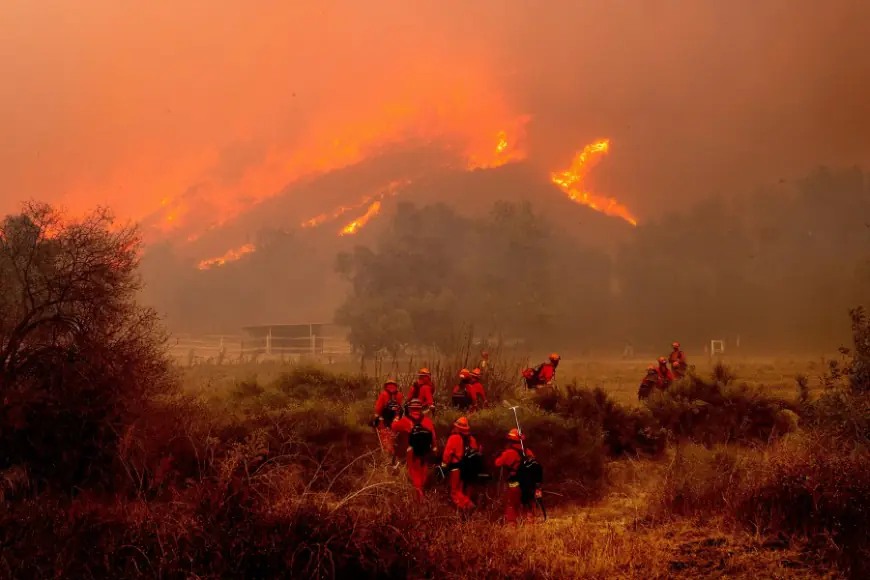New funding aims to slash cancer rate among firefighters
The University of California system is putting nearly $6 million into research to help reduce cancer rates among firefighters. This funding, spread across eight research teams, is part of the California Firefighter Cancer Prevention and Research Program, which was launched in 2023. Cancer is the leading cause of death among firefighters, and studies have found [...]

The University of California system is putting nearly $6 million into research to help reduce cancer rates among firefighters.
This funding, spread across eight research teams, is part of the California Firefighter Cancer Prevention and Research Program, which was launched in 2023.
Cancer is the leading cause of death among firefighters, and studies have found that firefighters are at higher risk of certain types of cancers than the overall population due to their exposure to smoke and other harmful chemicals, even with protective gear.
The UC-funded research aims to understand and reduce these risks.
"Our goal is to understand the complex mix of cancer-causing chemicals, individual biology, protective equipment, and workplace norms,” said Theresa Maldonado, UC's vice president of Research and Innovation.

One project will study the exposure to per- and polyfluoroalkyl substances (PFAS), known as "forever chemicals," found in firefighter gear and smoke.
Another project will look at changes in DNA methylation in firefighters exposed to combustion products, with the aim of developing a blood test to detect early signs of cancer.
“Without more research into the biological, chemical and social aspects of carcinogenic agents on the job, California's firefighters will continue to face an elevated incidence of cancer,” said Brian Fennessy, chief of the Orange County Fire Authority and FIRESCOPE chair. “We’re proud to partner with the University of California to support rigorous, community-engaged, solutions-focused research that will help us bring down rates of disease among firefighters.”
For more details on these research projects and their potential impact, visit the University of California's official website.
What's Your Reaction?









































































































